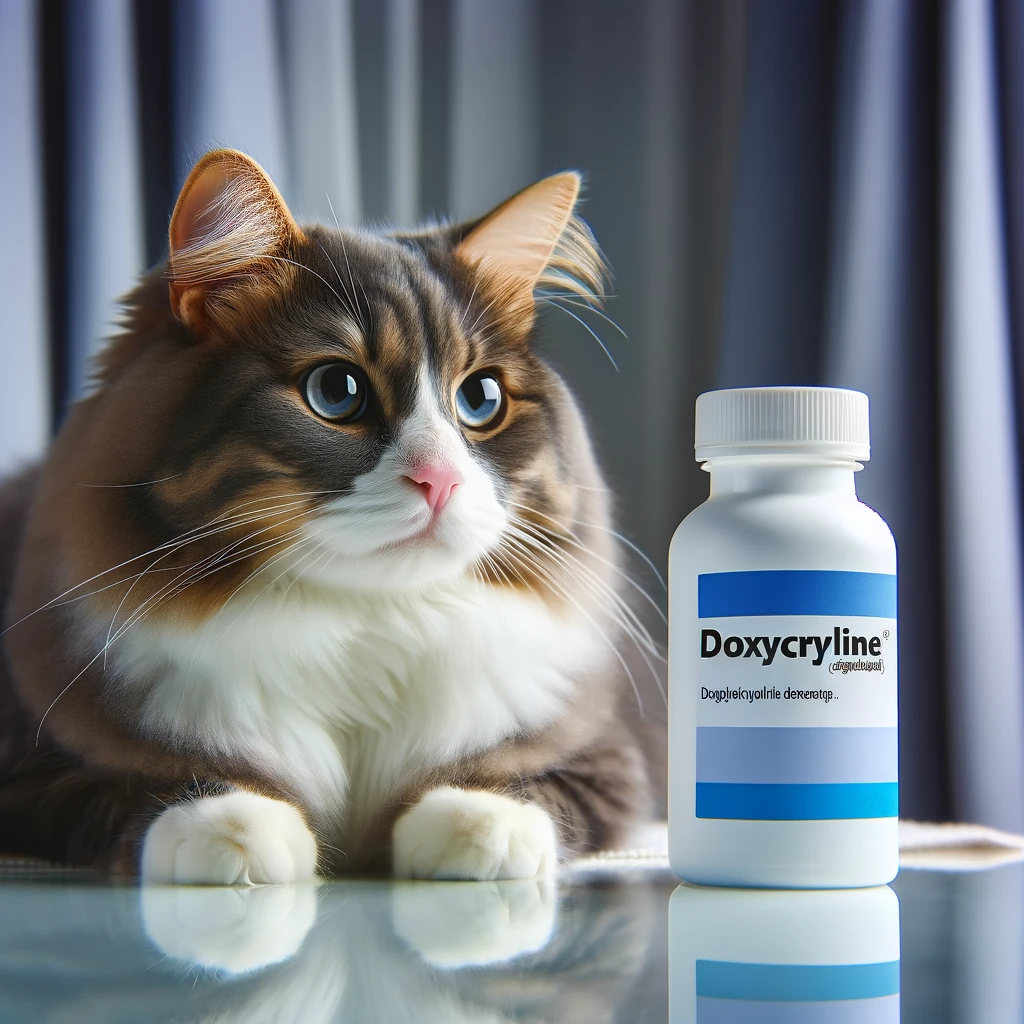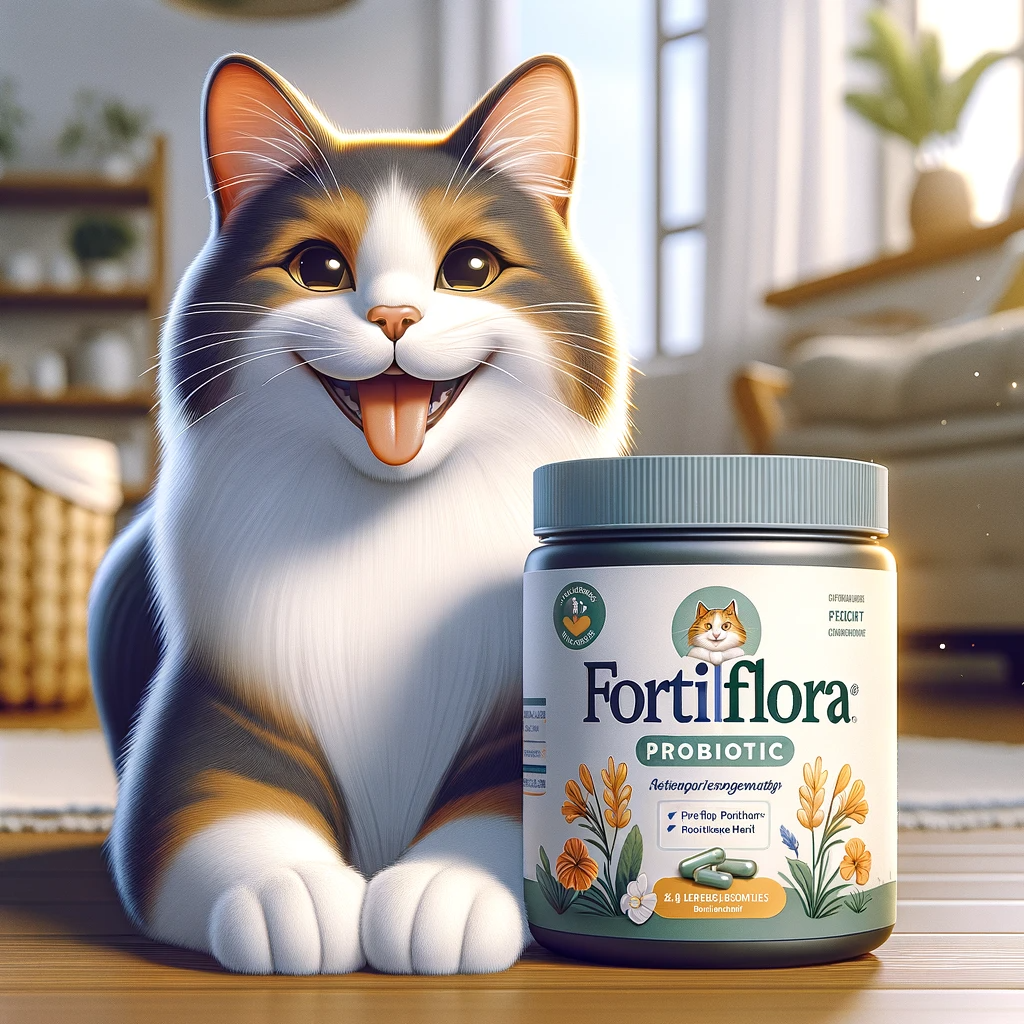Our feline companions bring bundles of joy with their playful antics and comforting purrs. But just like us, they’re susceptible to various cat illness. Recognizing the signs and taking prompt action can significantly impact their recovery and well-being. This comprehensive guide equips you with the knowledge to confidently navigate your cat’s health concerns, empowering you to be their purr-sonal healthcare hero.

Recognizing Common Cat Illness
Upper Respiratory Infections (URI)
Imagine a pesky cold settling in your cat. URIs, highly contagious among felines, mimic human symptoms like sneezing, congestion, watery eyes, and coughing. Look for lethargy, loss of appetite, and green discharge from eyes or nose, indicating a more serious case.
Treatment: Supportive care like rest, fluids, and humidified air are crucial. For persistent infections, your vet might prescribe antibiotics. Remember, prevention is key: ensure vaccinations and minimize contact with sick cats.
Diarrhoea and Vomiting
Not always a cause for alarm, these digestive issues can be triggered by dietary indiscretion, parasites, or even stress. Monitor the severity and duration. Frequent loose stools, vomiting, dehydration, and abdominal pain warrant immediate veterinary attention.
Treatment: Bland diet like cooked chicken and rice, hydration with unflavored Pedialyte, and deworming medication prescribed by your vet can often restore balance.
Skin Allergies
Itchy, irritated skin can be a feline’s worst nightmare. Food allergies, environmental allergens like dust mites, or even parasites can be the culprits. Watch for excessive scratching, licking, hair loss, and red, inflamed skin.
Treatment: Identifying the allergen through elimination diets or allergy testing is key. Managing the allergen with dietary changes, environmental control, or medication prescribed by your vet brings relief.
Ear Mites
Tiny terrors living in the ear canal, these parasites cause intense itchiness and discomfort. Head shaking, scratching at the ears, dark discharge, and a strong odor are telltale signs.
Treatment: Don’t panic! Ear mite medication prescribed by your vet effectively eliminates them, bringing swift relief to your furry friend.
Hairballs
While common, excessive hairballs can indicate underlying digestive issues or excessive grooming due to stress. Frequent coughing up hairballs, constipation, and straining to defecate warrant a vet visit.
Treatment: Regular brushing, hairball lubricants, and a high-fiber diet can help prevent formation. Address underlying causes like stress or medical conditions with your vet.
More ways to care for your cat
Remember, this is just a glimpse into the world of feline health. While these tips equip you with basic knowledge, every cat is unique, and their symptoms might vary. Always consult your veterinarian for definitive diagnosis and treatment plans. Additionally, consider these valuable resources:
- Regular Vet Checkups: Don’t wait for illness! Preventive care through regular checkups and vaccinations is crucial for early detection and disease prevention.
- Feline-Friendly Home: Ensure a clean litter box, fresh water, and a stress-free environment to promote overall well-being.
- Nutritional Choices: Discuss dietary needs with your vet and choose high-quality, age-appropriate cat food for optimal health.
By understanding common cat illness, recognizing their signs, and taking proactive steps, you can be your cat’s hero, ensuring a purrfectly healthy and happy life together. Remember, knowledge is power, and armed with this information, you can navigate any feline health concern with confidence!
Bonus Tip: Share this article with fellow cat lovers! Together, we can create a purr-fectly informed community dedicated to feline well-being.



